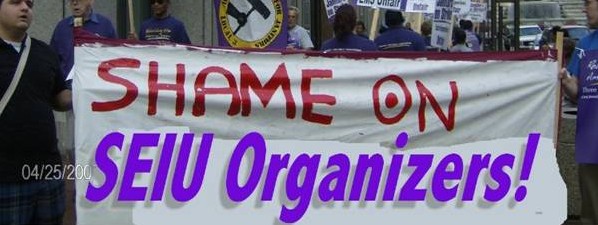Want Jobs and Rising Income Levels? Pass Right to Work
The Investor's Business Daily confirms that enacting Right to Work laws is a recipe for jobs and economic growth: The business world is abuzz over the National Labor Relations Board's complaint vs. Boeing's new South Carolina production line. For NLRB critics, the case boils down to one thing: "right-to-work" laws. Right-to-work states have generally lower unemployment, higher job growth, lower taxes and better business climates. They have growing populations and have been attracting businesses from other states. In most states, once a workplace is unionized, employees are required to join the union or they can't work there. But 22 states, including South Carolina, have passed laws that give employees the right not to join. Hence the term "right-to-work." Unions dislike these laws for the obvious reason: It reduces their membership.

